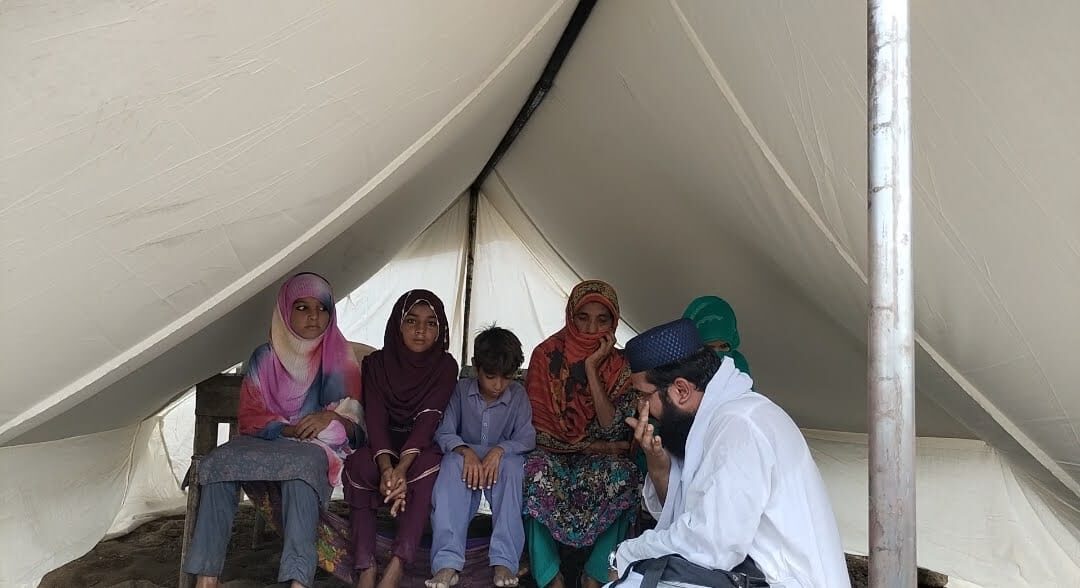
Orphan Care Program
The welfare of orphans and vulnerable children has always been a critical concern for communities around the world. Orphaned children often face multiple challenges, from a lack of financial support and emotional security to limited access to quality education and healthcare. The Orphan Care Program is designed to address these issues by providing comprehensive support to these children, ensuring they grow up in a nurturing and supportive environment.
This article explores the significance of orphan care, the challenges orphans face, and how a well-structured Orphan Care Program can make a lasting impact. By investing in the future of orphans, communities create an empowered generation of young individuals who can contribute positively to society.
Key Components of a Comprehensive Orphan Care Program
A well-rounded Orphan Care Program focuses on various aspects of child development to ensure a wholesome and positive upbringing. Here are some of the key components:
Safe Shelter and Housing
One of the primary needs for any child is a safe and secure home. An Orphan Care Program provides orphans with shelter in residential homes, group homes, or foster care environments where they feel safe and supported. These homes are equipped with caring staff who can offer guidance, support, and supervision.Access to Quality Education
Education is vital for breaking the cycle of poverty and empowering orphans with knowledge and skills. The program ensures that children have access to formal education, covering school fees, supplies, and uniforms. Additionally, it may provide tutoring, vocational training, and scholarships for higher education to help them achieve academic success and career growth.Nutritional Support
Adequate nutrition is essential for healthy physical and cognitive development. Orphan Care Programs provide regular, balanced meals that meet children’s dietary needs. These programs ensure that orphans receive proper nutrition to support their growth, mental well-being, and immune health.Healthcare and Medical Assistance
Orphans often suffer from untreated health issues due to a lack of resources. Orphan Care Programs provide regular health check-ups, vaccinations, and medical care for illnesses. Mental health support, including counseling and therapy, is also an important component, as orphans may experience trauma and emotional distress.Emotional and Social Support
Growing up without parents can leave children with feelings of loneliness and insecurity. The program provides emotional and social support through counseling, mentorship, and recreational activities. It fosters a sense of belonging and helps children build healthy relationships with peers and caregivers.Life Skills and Personal Development
Life skills training is essential to prepare orphans for independence and responsible adulthood. Programs include workshops on budgeting, time management, personal hygiene, and social etiquette, helping orphans develop self-confidence and resilience.Career Guidance and Mentorship
As children reach adolescence, career guidance and mentorship become crucial. Orphan Care Programs offer guidance on academic and career choices, vocational training, internships, and mentorship from professionals. This support enables orphans to plan for a successful future and transition smoothly into adulthood.
The Benefits of Orphan Care Programs
Orphan Care Programs make a significant impact on children’s lives by giving them access to resources and opportunities that might otherwise be out of reach. Here are some of the key benefits:
Breaking the Cycle of Poverty
By providing education, vocational training, and career support, Orphan Care Programs help break the cycle of poverty. Educated and skilled orphans are better equipped to find stable jobs, contribute to the economy, and support themselves and their families.Reducing Crime and Social Issues
Children who grow up without proper guidance and support are often more susceptible to social issues, including crime and substance abuse. Orphan Care Programs provide stability, structure, and positive role models, reducing the likelihood of children engaging in criminal activities.Improving Health and Well-Being
Proper nutrition, healthcare, and emotional support provided through Orphan Care Programs lead to improved physical and mental health outcomes. Healthy children are more likely to succeed academically and develop into well-rounded, productive adults.Creating Responsible and Productive Citizens
Orphans who receive support through Orphan Care Programs grow up to be responsible, educated, and confident individuals who can contribute to society. By providing these children with opportunities for growth, communities ensure they become assets rather than liabilities.Building a Compassionate and Inclusive Society
A community that cares for its vulnerable members fosters empathy, compassion, and social responsibility. Orphan Care Programs encourage the community to come together to support children in need, creating a more inclusive and harmonious society.
Challenges Faced by Orphan Care Programs
Despite their benefits, Orphan Care Programs face several challenges that limit their effectiveness. Some of these challenges include:
Lack of Funding
Running a comprehensive Orphan Care Program requires significant financial resources. The costs of housing, education, healthcare, and other services can be high, and many programs rely on donations and grants. A lack of consistent funding can lead to resource constraints and affect the quality of care provided.Cultural Stigmas
In some communities, orphans may face stigmatization, making it harder for them to integrate into society. Overcoming these cultural stigmas requires awareness campaigns and advocacy efforts to promote empathy and understanding.Resource Shortages
Limited access to qualified staff, healthcare facilities, and educational materials can hinder the effectiveness of orphan care initiatives. It’s essential for programs to build partnerships with local businesses, educational institutions, and healthcare providers to address these shortages.Mental Health Issues
Orphans often experience trauma, loss, and abandonment, which can lead to mental health challenges. Addressing these issues requires specialized counseling and therapy services, which may not be available in every program.




